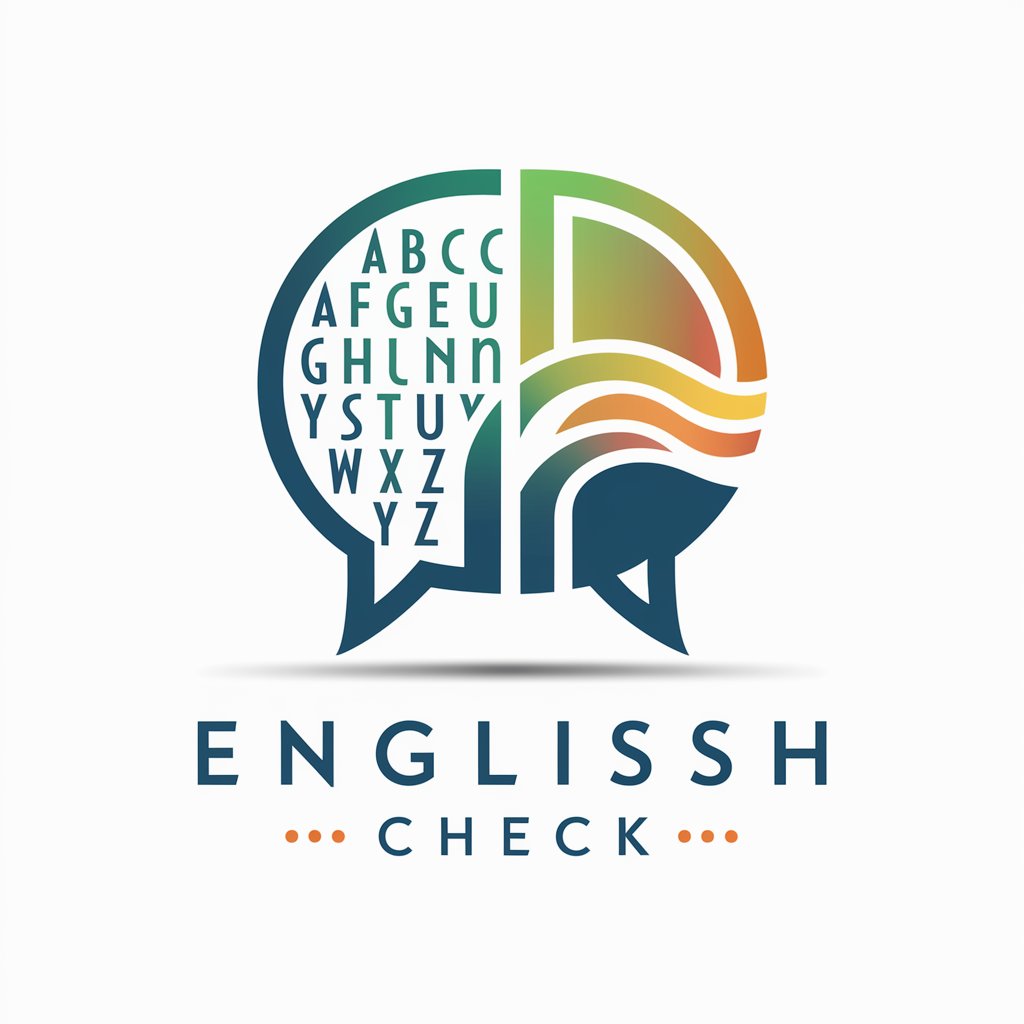
Euro English - Euro English Guide

Welcome to Euro English, your guide to clear European communication.
AI-powered Euro English Mastery
Write a brief on the importance of Euro English in European institutions.
Draft a professional email using Euro English guidelines.
Explain the key features of Euro English in a concise manner.
Create a summary of a document adhering to Euro English standards.
Get Embed Code
Euro English: A Comprehensive Overview
Euro English refers to a variant of English tailored to suit the linguistic and cultural nuances of continental Europe. Distinct for its incorporation of elements from European languages and the EU's technical jargon, Euro English is designed to express complex subjects clearly for non-native speakers. It adapts English to the European context, dropping certain grammatical complexities and incorporating unique constructions. For instance, the dropping of the third person singular suffix ('s'), use of the progressive aspect with stative predicates ('I am liking'), and unique plural forms ('informations'). An example scenario illustrating its use is in EU institutions, where clarity and mutual understanding among members from diverse linguistic backgrounds are paramount. Powered by ChatGPT-4o。

Core Functions of Euro English
Facilitating Clear Communication
Example
In official EU documents, Euro English helps in drafting texts that are easily understandable across Europe, using familiar vocabulary and structures.
Scenario
When drafting an EU policy document, Euro English ensures that non-native English speakers can comprehend and engage with the content without linguistic barriers.
Bridging Cultural and Linguistic Gaps
Example
Euro English incorporates terms and expressions from various European languages, making it more relatable to a European audience.
Scenario
In an international conference in Brussels, speakers use Euro English to present, ensuring that the audience from different European countries follows the presentations smoothly.
Standardizing English Usage in EU Contexts
Example
Euro English standardizes terms and expressions for legal and administrative purposes, ensuring consistency across EU texts.
Scenario
When translating EU legislation, translators use Euro English guidelines to maintain consistency and clarity across all official languages of the EU.
Who Benefits from Euro English?
EU Staff and Diplomats
Individuals working within the EU institutions or in diplomatic positions, who require a form of English that accommodates the diverse linguistic backgrounds of the European Union and facilitates clear, effective communication.
International Businesses and NGOs
Organizations operating across Europe benefit from using Euro English to communicate policies, procedures, and promotional material in a way that is accessible to a broad European audience.
Academics and Researchers
Those in the academic and research sectors who collaborate on projects across Europe find Euro English invaluable for writing papers and reports that are easily understood by colleagues from various countries.

How to Use Euro English
1
Start with a free trial at yeschat.ai, no ChatGPT Plus or login required.
2
Familiarize yourself with Euro English's unique features, like the use of progressive aspects with stative verbs and singular 'they'.
3
Practice writing in Euro English, focusing on its distinct syntax, such as 'we were five at the party' and plural forms like 'informations'.
4
Use Euro English for specific contexts like EU documents, academic writing, and international communications to ensure clarity and cultural appropriateness.
5
Regularly consult the Euro English style guide for updates on usage and examples to refine your proficiency.
Try other advanced and practical GPTs
Cognitive Therapist
Transform Thoughts, Enhance Wellbeing

Belastingadviseur
AI-powered Personalized Tax Advice

Caster Minion
Elevate Esports with AI-powered Insights

MetaHers CCC
Empowering Women in Tech with AI

Crypto Trading Buddy
Empowering Your Crypto Trading Decisions

CYBER VISION AI
Empowering Cyber Resilience with AI

G-Style Coder
Craft flawless code with AI-powered guidance.

BrolGPT
Injecting Belgian wit into AI conversations

URL Finder
Discover Your Perfect Domain, AI-Powered

Sauver mon couple !
AI-powered relationship guidance at your fingertips

Coach canin
AI-powered Personal Dog Training Assistant

Zombie Survival Expert
Survive the undead with AI-powered strategies.

FAQs on Euro English
What is Euro English?
Euro English is a variant of English adapted for use in the EU, incorporating elements from European languages and EU jargon.
Who uses Euro English?
It's used by EU staff, expatriates, young international travelers, and European diplomats, especially in formal and institutional contexts.
How does Euro English differ from Standard English?
It includes unique constructions, the frequent use of the indefinite personal pronoun 'one', and adaptations like plural 'informations'.
Can I use Euro English for academic writing?
Yes, it's suitable for academic contexts, especially when clarity and accessibility for non-native speakers are priorities.
How can I improve my Euro English skills?
Practice by writing in Euro English, consult the style guide, and engage with materials written in Euro English for immersion.





